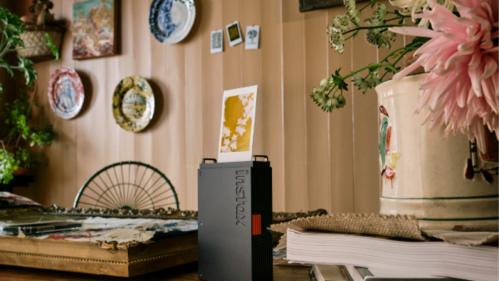In the days of earbuds, music has become less of a communal experience with our kids, especially our teenagers, it seems. They plug in and listen to their own tunes, and we all stay in our own musical bubbles.
If you want to foster a closer relationship with your kids though, new research suggests making music a central point to bond over.
The study from the University of Arizona found that young men and women reported having better relationships with their parents in young adulthood if they had shared musical experiences with their parents in their upbringing. This held especially true if those experiences occurred during adolescence.
The researchers discovered this by surveying a group of young adults whose average age was 21. The participants were asked how often as kids they participated in activities with their parents like attending gigs together, listening to music together, or playing instruments together.
The young adults spoke about their memories of these experiences from the ages of eight to 13 and from the ages of 14 on. They also reported on how they perceive their relationship with their parents now.
Shared musical experiences at all stages of childhood were associated with better perceptions of child-parent relationships. However, this effect proved especially evident if those experiences were during adolescence.
"With young kids, musical activity is fairly common -- singing lullabies, doing nursery rhymes," co-author Jake Harwood, professor and head of the UA Department of Communication, told Science Daily.
"With teenagers, it's less common, and when things are less common you might find bigger effects, because when these things happen, they're super important."
The Journal of Family Communication-published study controlled for other quality time spent between parents and their children and found that music has a special effect.
The authors posit that there may be two factors that explain this unique bonding effect associated with shared musical experiences.
First, there is coordination, Hardwood explains: "Synchronization, or coordination, is something that happens when people play music together or listen to music together.
"If you play music with your parent or listen to music with your parents, you might do synchronized activities like dancing or singing together, and data shows that that causes you to like one another more."
Sandi Wallace, who started this research as her undergraduate project, noted that empathy is another important factor:
"A lot of recent research has focused on how emotions can be evoked through music, and how that can perpetuate empathy and empathic responses toward your listening partner."
Their research backed up that both coordination and empathy play a role in a positive parent-child relationship influenced by musical experiences, but found that coordination was more influential.
And never fear if you're not musically inclined - these shared experiences can be as simple as listening to music in the car together.
In fact, the researchers found that listening to the radio together on a drive may be more impactful than playing instruments together (though the authors admit their sample size for young adults who played instruments with their parents was limited).
Hardwood reiterated, "If you have little kids, and you play music with them, that helps you be closer to them, and later in life will make you closer to them.
"If you have teenagers and you can successfully listen to music together or share musical experiences with them, that has an even stronger effect on your future relationship and the child's perception of the relationship in emerging adulthood."
So what are you waiting for? Put on a record that you and your kids enjoy, and get your groove on!







